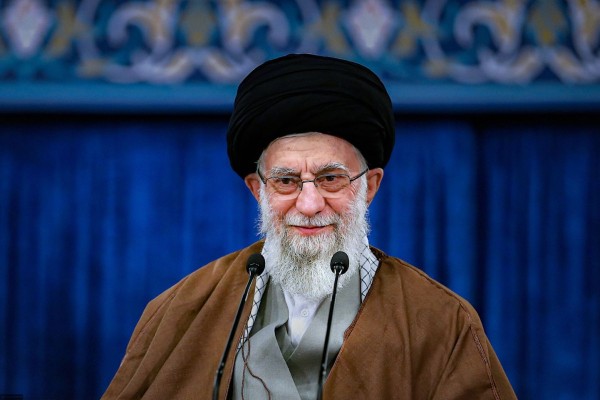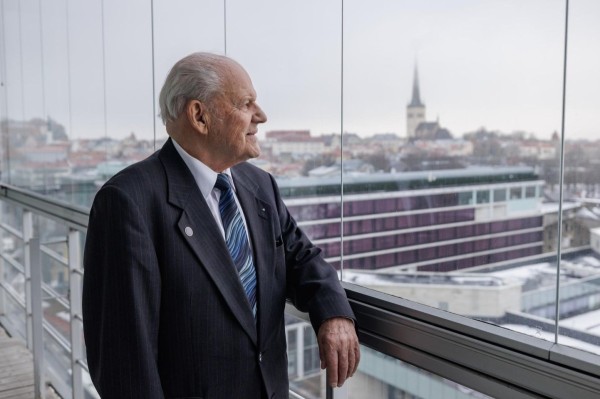Staunton, June 19 – A few days after Hitler broke his alliance with Stalin and invaded the Soviet Union, the Soviet dictator used a diplomatic back channel to explore whether the Nazi leader would be prepared to end the war if Stalin agreed to hand over to German rule Ukraine, the Baltic republics and perhaps even more.
That is the conclusion of a Friday article by historian Nikita Petrov in “Novaya gazeta” an article that undercuts both Stalin’s carefully cultivated stance as someone who was prepared to fight the invader to the end and Vladimir Putin’s use of World War II as a legitimating and mobilizing tool in Russia today (novayagazeta.ru/comments/73493.html).
The history of these events is by its very nature murky and can be reconstructed only by a careful reading of Russian archival materials, Petrov suggests. But the basic facts of the case are these: In the first days after the German attack, Lavrenty Beria on Stalin’s order directed NKVD officer Pavel Sudoplatov to meet with a Bulgarian diplomat to explore what it would take for Hitler to stop his invasion of the Soviet Union.
Among the concessions Sudoplatov was authorized to discuss with the Bulgarian who Moscow believed would communicate his conversation to Berlin was the handing over to Hitler of Ukraine, the areas that Stalin had occupied in 1940-41 on the basis of the secret protocols of the Molotov-Ribbentrop Pact, and perhaps more.
Such a sacrifice would constitute “a new Brest peace” but would save Stalin and his regime, Petrov points out by allowing the communist regime to continue to function beyond the Urals.
Obviously, discussing anything of this then or later was incredibly dangerous given that such things would have constituted in the clearest way treason, but information about them came out in the interrogations of Sudoplatov and Beria in 1953. And Petrov mines these sources for his article, even reproducing the key Sudoplatov declaration.
As many have pointed out, Stalin believed in Hitler and in his own ability to cut a deal right up to the moment of the German invasion. The archives suggest that he continued to believe in his ability to cut a deal with Hitler even after that time. In fact, however, Stalin was manipulated by double agents before June 22, 1941, and by his own fears after that time.
Nothing came as a result of Stalin’s feeler. Hitler was confident that his forces could defeat the Soviet Union and therefore ignored what was passed on by the Bulgarians. But there were consequences in the USSR for those most immediately involved because Stalin never forgot, Petrov continues.
Despite his regime’s presentation of him as the great military leader during World War II, Stalin remembered that “three people knew the secret of his cowardice and the depth of the collapse in 1941.” The Soviet dictator ordered Abakumov to arrest Sudoplatov, although Beria urged the secret police chief not to obey lest he and Beria himself be next.
And there was a third potential victim of Stalin’s malignant memory: Vyacheslav Molotov, who certainly knew about the meeting with the Bulgarian diplomat in June 1941 and Stalin’s willingness to sacrifice much of the country to save himself. Had Stalin lived, Petrov says, all three would have come to a bad end. But his death kept him from realizing his goal.
To Save Himself, Stalin was Ready to Give Hitler Ukraine and Baltic Republics and Possibly More, Archives Show
Arvamus
TRENDING



























